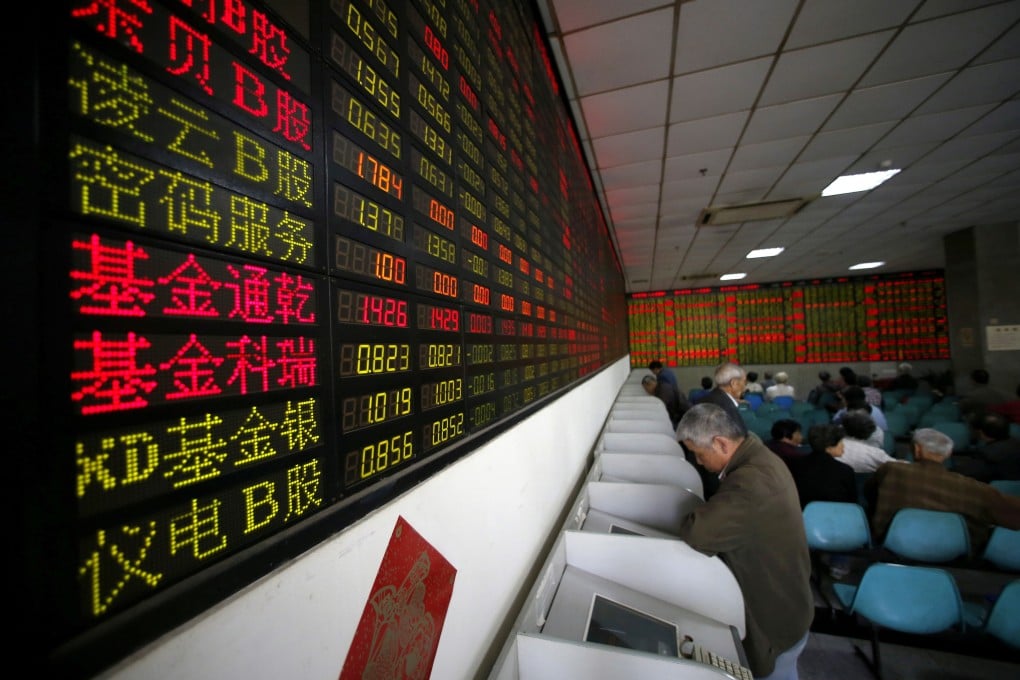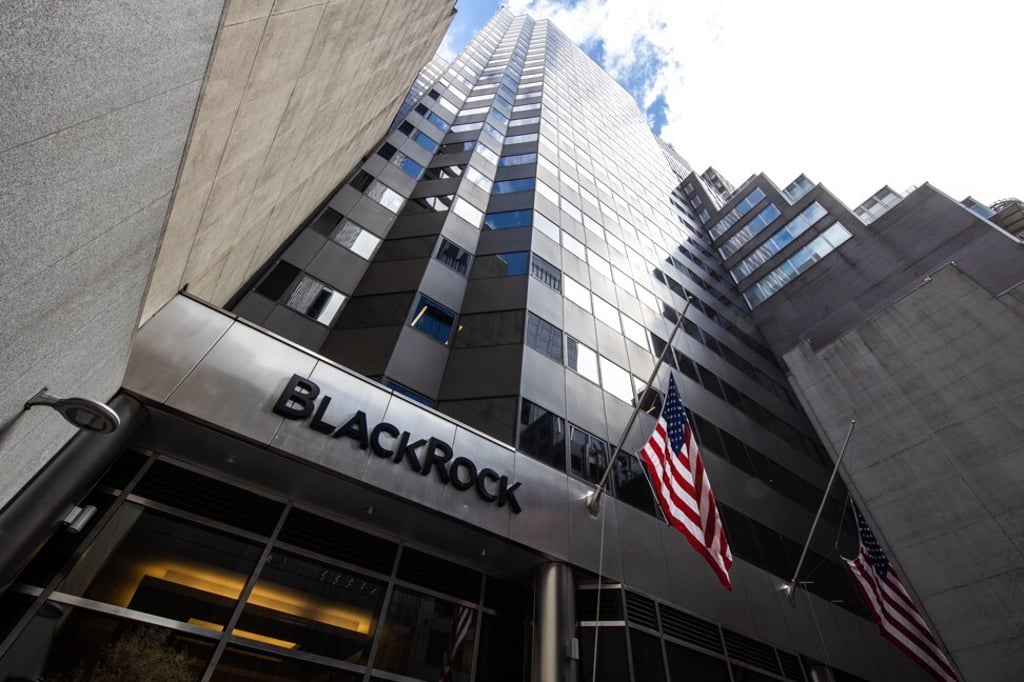My Take | George Soros’ case against investing in China is sickeningly hypocritical
- If enriching the already rich while leaving the poor to their own devices is following the rules of capitalism, I say China will be better off not following – or ‘not understanding’ – them

I don’t know which is worse – greed or hypocrisy. But if I have to choose, I would pick greed any day.
Indeed, they should personally thank Soros for making a semi-plausible case against investing in China and preventing others from doing so, too: it’s for their own good, Soros would say.
Even if wrong and wrong-handed, the self-styled saviour of global democracy is still a lot smarter and more articulate than the average American politician and so has saved them from having to rack their brains to come up with almost convincing arguments against investing in the second, possibly already the largest, economy in the world.

BlackRock’s investment case for China
BlackRock, which won a licence in June to become the first global asset manager to start a wholly owned onshore mutual fund business in China, calls on investors to increase their allocations to Chinese equities in their portfolios.
